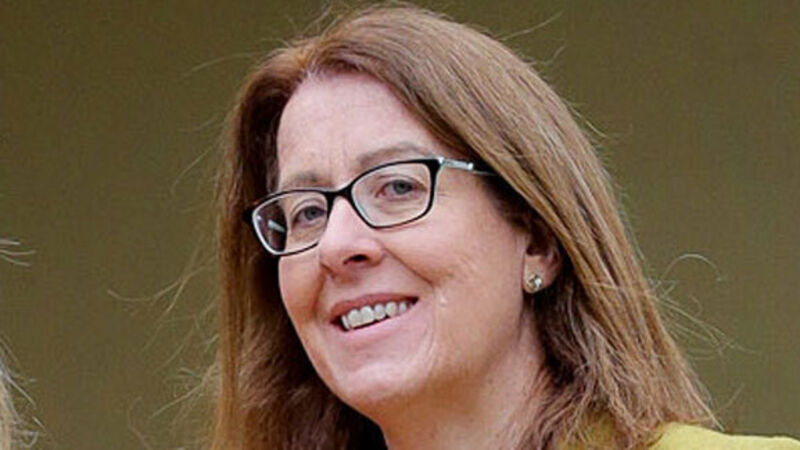New trouble for HSE as mental health agencies can’t fill posts

Anne O’Connor, national director HSE mental health, told an Oireachtas committee the problem has emerged over the past year and beyond, claiming that the high standard to which Irish psychiatric nurses and mental health staff are trained meant they were more likely to be poached by other countries.
“We do try and staff what we can with our own staff,” she told the committee on the future of mental health care. “What has hit us in the past year that has probably not hit us before is that some agencies can’t get staff. There is a general shortage of the staff that we need. In the last year to 18 months agencies and funding partners have that issue.”













